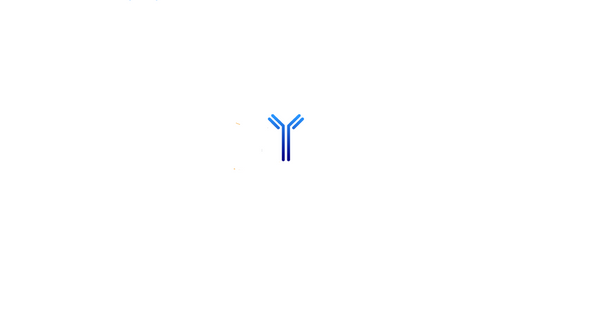Description
TFEB Antibody | RQ5769 | Gentaur US, UK & Europe Disrtribition
Family: Primary antibody
Formulation: 0.5mg/ml if reconstituted with 0.2ml sterile DI water
Format: Antigen affinity purified
Clone: N/A
Host Animal: Rabbit
Clonality: Polyclonal (rabbit origin)
Species Reactivity: Human
Application: WB, Direct ELISA
Buffer: Lyophilized from 1X PBS with 2% Trehalose and 0.025% sodium azide
Limitation: This TFEB antibody is available for research use only.
Purity: Affinity purified
Description: Transcription factor EB is a protein that in humans is encoded by the TFEB gene. TFEB is a master gene for lysosomal biogenesis. It encodes a transcription factor that coordinates expression of lysosomal hydrolases, membrane proteins and genes involved in autophagy. Upon nutrient depletion and under aberrant lysosomal storage conditions such as in lysosomal storage diseases, TFEB translocates from the cytoplasm to the nucleus, resulting in the activation of its target genes. TFEB overexpression in cultured cells induces lysosomal biogenesis, exocytosis and autophagy. Viral-mediated TFEB overexpression in cellular and mouse models of lysosomal storage disorders and in common neurodegenerative diseases such as Huntington, Parkinson and Alzheimer diseases, resulted in intracellular clearance of accumulating molecules and rescue of disease phenotypes. TFEB is activated by PGC1-alpha and promotes reduction of htt aggregation and neurotoxicity in a mouse model of Huntington disease. TFEB overexpression has been found in patients with renal cell carcinoma and pancreatic cancer and was shown to promote tumorogenesis via induction of varius oncogenic signals.
Immunogen: Recombinant human protein (amino acids E68-L350) was used as the immunogen for the TFEB antibody.
Storage: After reconstitution, the TFEB antibody can be stored for up to one month at 4oC. For long-term, aliquot and store at -20 °C. Avoid repeated freezing and thawing.






